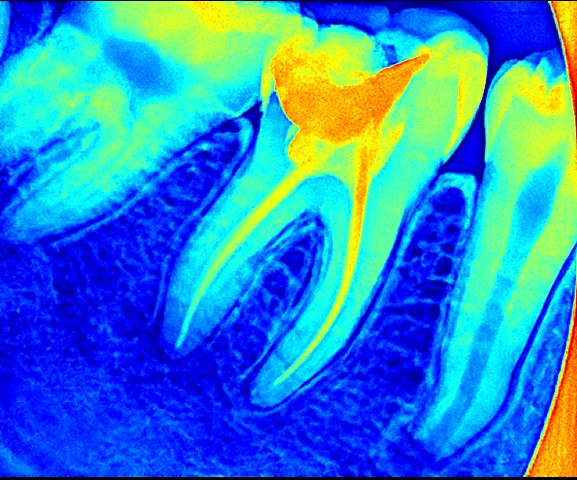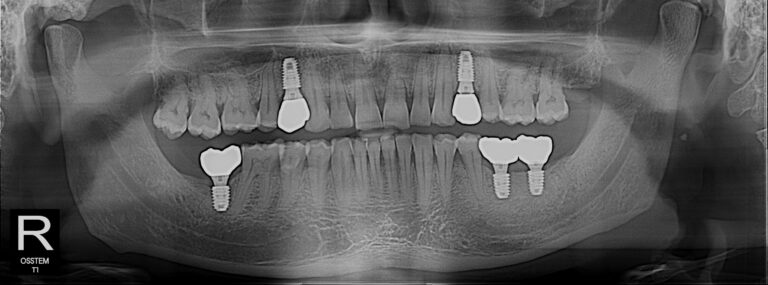Root Canal Treatment: Saving Your Natural Tooth
Root canal treatment is a standard dental procedure used to save a tooth that is badly decayed or infected. Inside each tooth is a soft tissue called the pulp, which contains nerves and blood vessels. When this pulp becomes infected due to deep cavities, cracks, or injury,. Consequently, it can cause pain and swelling and may even lead to abscesses if left untreated.
During a root canal, your dentist will carefully remove the infected pulp, clean and disinfect the inside of the tooth, and then fill and seal it with a safe material. The tooth is then usually restored with a crown to protect it and restore its strength and function. Many people worry that root canal treatment is painful. But with modern techniques and local anaesthesia, it is typically no more uncomfortable than getting a filling. Moreover, it relieves pain and helps you keep your natural tooth.
Saving your tooth with a root canal is often preferable to removing it. Because it allows you to continue chewing normally and preserves the natural appearance of your smile. Moreover, with proper care, a tooth treated with a root canal can last a lifetime.
If you experiencing tooth pain or sensitivity, contact your dentist promptly for evaluation.
Root Canal treatment in Banani Dhaka
Standard Guidelines for Root Canal Treatment by NHS UK
Frequently Asked Questions
1. Is a root canal painful?
No. With modern anesthesia and techniques, root canal treatment is typically no more painful than getting a filling. It actually helps relieve the pain caused by infection.
2. HAw many Appointment I need to finish root canal treatment?
Most root canals can be completed in one or two appointments, depending on the tooth’s condition and complexity.
3.What are the signs that I might need a root canal?
Severe toothache, especially when chewing
Prolonged sensitivity to hot or cold
Swelling or tenderness in nearby gums
Discoloration of the tooth
A recurring pimple on the gums
4.Do I need a crown after a root canal?
In most cases, yes. A crown is recommended after a root canal to protect the weakened or broken tooth and restore its function.
5.Are there alternatives to root canal treatment?
The main alternative is tooth extraction. However, it’s best to preserve your natural tooth when possible. Extraction may require a dental implant or bridge, which can be more invasive and costly.
6. How long does a root canal-treated tooth last?
With proper care, a root canal-treated tooth can last as long as your natural teeth—often a lifetime.
7.How much does root canal treatment cost?
The cost varies depending on the tooth, complexity, and your location. It is generally more cost-effective than tooth extraction followed by a replacement.





